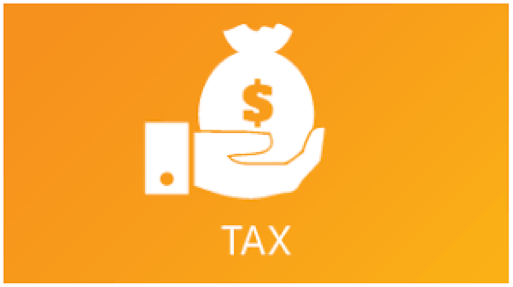Old tools, new use-cases – Iris.ai
On the role of taxation in the Aiur ecosystem.
Reposted from Medium.
There are plenty of disagreements around blockchain today. But one of the few statements that generates a really high level of consensus is that blockchains have phenomenal potential as incentive machines. At the same time, creating a new ecosystem to re-align incentives requires making some choices, including on who and how bears the cost of what.
As opposed to blockchains, governments have been around forever. And conceded by everyone, progressives and libertarians alike, is that they have accumulated vast experience dealing with incentives too (with more or less productive learnings gathered, depending on perspective). When one looks at the suite of tools deployed by governments to introduce public policy incentives over the history of civilization there are a couple of sure hits, and they invariably include taxation.
However, blockchain developments to date have conspicuously ignored this powerful lever in the design of targeted incentive structures. Economists have long focused on taxation as a crucial mechanism to ensure communal systemic sustainability. However, this thinking has not been featured much in blockchain developments to date. These have focused more on monetary policy mechanisms than on fiscal policy ones.
We see this as a sign of current governance immaturity in the blockchain space. In fact, in the utility vs. security token dichotomy, we believe taxation will soon acquire particular relevance. And this is because when generating artificial scarcity to fuel token price upward spirals is not on the cards, neither as a goal nor as a desired outcome, taxation can incentivize and penalized user behaviors very effectively (i.e. disincentivizing ‘hodling’).
Utility-focused blockchain projects, and particularly those true to the spirit of generating value through disintermediation and placing the community at the center of their endeavours, should carefully consider introducing taxation provisions. In a field ripe for experimentation, blockchains such as Ethereum currently allow for great flexibility to customize single-transaction taxation algorithms to an extent never possible in the world of offline, analog governance. But we wanted to go further.
With project Aiur we aim to provide a fresh perspective on the sharing of collective and societal burdens by ecosystem members. In a novel experiment in the blockchain space, we will do so through the introduction of preliminary taxation logic, with specific use-cases coded into smart contracts.
Aiur is a project that aims to build an open, community-governed AI Engine for Knowledge Validation. In making it a reality we will place a bet on the development of new community-oriented taxation systems, where each transaction will be treated individually as a result of the application of transparent criteria — to reward and penalize different behaviors towards the Aiur ecosystem.
Let’s zoom in on the Tax Man mechanism of project Aiur. The service will assess the health of the token economy monitoring a basket of indicators, including the evolution of the market value of AIUR tokens expressed in ETH. This assessment will drive the general tax level applied fluidly at any given point in time.
With the general tax level set, all AIUR transactions will then be individually taxed. Tax rates will be calculated based on the status of the seller and other key circumstances, as a function of four key factors:
— What percentage of the seller’s stake is generated vs. acquired tokens?
— How long has the seller held the tokens?
— Is the account of the seller public or anonymous?
— Is this a transaction where the institution acting as central bank is involved?
We are very excited to be exploring this logic in project Aiur, initially via the prototype development of smart contracts and the vast amount of effort we have put into overcoming some of the biggest barriers to implementation. These include how to tax not only the more straightforward transactions between two third parties (akin to sales or value-added taxation), but also ecosystem status (more similar to property or wealth taxation).

